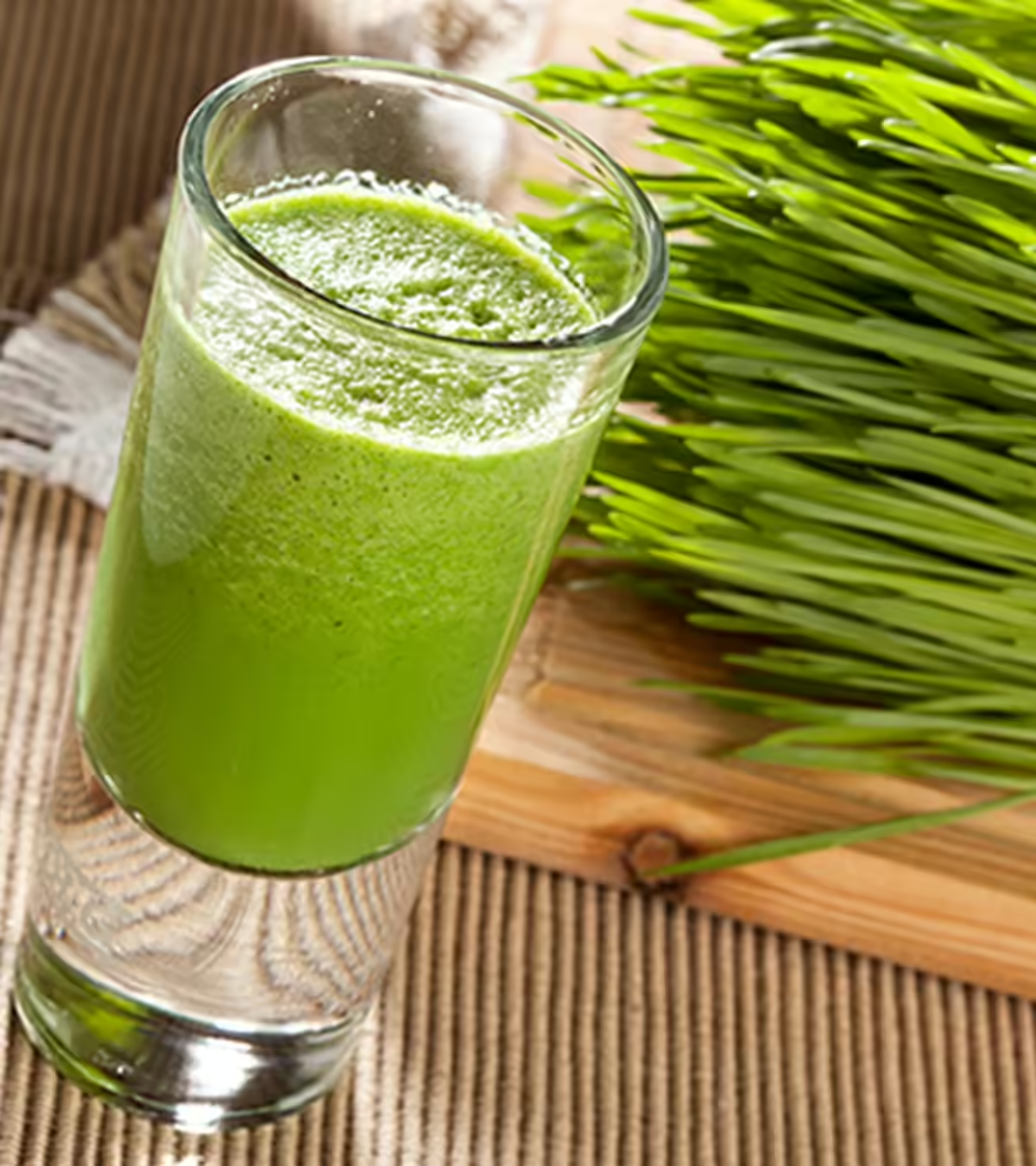:max_bytes(150000):strip_icc()/asian-woman-shopping-in-the-supermarket-1142925451-ae8d177963a746fb9e5323683137b5d2.jpg)
Experts recommend avoiding energy drinks like Red Bull while pregnant because the high caffeine content. Not to mention, most energy drinks aren’t recommended during breastfeeding either.
Wondering exactly why Red Bull isn’t safe during pregnancy? Here’s a closer look at some of the common ingredients in energy drinks and why you’ll want to avoid them when pregnant.
The Risks of Energy Drinks During Pregnancy
When pregnant, a placenta grows in your uterus and supplies the baby with food and oxygen through the umbilical cord. The nutrients in the food you eat get passed on to your baby. That means that any ingredients in an energy drink like Red Bull can also get passed to your baby.
While some research has been done on ingredients like caffeine on a developing baby, researchers don’t know quite yet how all the other ingredients in energy drinks can have an impact. Not all energy drinks are formulated with the same ingredients which makes understanding the exact risks a challenge.
And because supplements, such as herbal blends, are not regulated by the US Food and Drug Administration (FDA), it is not clear what these ingredients and combinations of ingredients can do to a pregnant body or a developing baby.
However, it is safe to say that experts generally agree that highly caffeinated energy drinks of all kinds are not safe during pregnancy.
Here is some of the research that has been done on energy drinks and pregnancy, showing what some of the risks might be.
Stress
In studies where pregnant mice were given a small amount of energy drink daily during their pregnancy, newborn mice had oxidative stress (when free radicals lead to cell and tissue damage), tissue injury, and anxiety.
While the study was conducted on animals, researchers concluded that consuming energy drinks during pregnancy and lactation could negatively impact humans as well.
High caffeine levels
Due to the known risks of high levels of caffeine during pregnancy and unknown dangers of other ingredients, it’s advised to avoid energy drinks during pregnancy. Research shows that consuming one or two cups of coffee a day won’t harm your pregnancy, but experts recommend limiting caffeine consumption beyond that because it might increase the risk of miscarriage.
“Energy drinks are also not regulated by the FDA as they fall into the category of food supplements,” Mitchell adds. “Supplements are not regulated and may contain ingredients that are not listed in the label.”
Heart concerns
Numerous studies have tested the responses in the hearts and blood vessels of people who drink sugar-sweetened energy drinks.
Some studies have documented increased systolic blood pressure and increased heartbeat after energy drink consumption. A 2015 review of adverse health events related to energy drinks found that more than 50% of case reports were related to heart and blood vessel responses.
Although the studies were not conducted on pregnant people, any cardiac responses are concerning during pregnancy, which is another reason why health care providers don’t recommend energy drinks when pregnant.
Energy Drinks vs. Sports Drinks
Energy drinks are commonly displayed next to sports drinks in grocery and convenience stores.
Sports drinks can be beneficial for some people during pregnancy, as they contain electrolytes and can help with hydration, especially in warm weather months.
However, it is essential not to confuse energy drinks with sports drinks. Here’s a quick look at how different sports drinks and energy drinks can be.
| Sports Drinks | Energy Drinks |
| No caffeine | High caffeine |
| For hydration and electrolyte balance | For increased energy and alertness |
| Prevents dehydration | Can make dehydration worse |
It’s always important to read the labels of all beverages before consuming, especially during pregnancy. If a drink is not safe for pregnancy or breastfeeding, it may also be labeled on the drink.
Energy Drink Ingredients Risks During Pregnancy
The ingredients in energy drinks vary depending on the manufacturer. In addition, many energy drinks contain a combination of ingredients that create an energy blend.
The problem with these concoctions is that it is tough to determine which ingredients can cause adverse symptoms. Therefore, carefully reading labels is important, even when not pregnant.
Here are some of the common ingredients in energy drinks that may pose risks during pregnancy.
- Caffeine: The American College of Obstetrics and Gynecology (ACOG) recommends limiting daily caffeine consumption to 200 mg or less during pregnancy. That’s the equivalent of about 12 ounces of home-brewed coffee. A 16-ounce energy drink, on the other hand, may contain between 70 and 240 mg of caffeine.
- Artificial sweeteners: Artificial sweeteners are zero- or low-calorie alternatives to nutritive sweeteners, such as table sugar. Some FDA-approved sweeteners include aspartame (Equal), saccharin (Sweet and Low), stevia (Truvia), and sucralose (Splenda). While health care providers consider most artificial sweeteners safe in moderation during pregnancy, saccharin should be avoided when pregnant as it’s a carcinogen that has been known to cross the placenta.
- Sugar: Excess sugar can be a problem for those with gestational diabetes since this condition requires monitoring carbohydrate intake and limiting simple sugars to prevent large swings in blood sugar.
- Taurine: This essential amino acid is naturally found in animal-based foods (such as meat and dairy) and supports neurological development. Though safe when consumed in food that naturally contains it, little is known about the effects of taurine during pregnancy in supplement form and when combined with energy drinks.
- Ginseng: The long-term safety of this herbal supplement is unknown, but some animal studies indicate it may cause birth defects. Side effects of the supplement include appetite loss, breast pain, digestive symptoms, headaches, insomnia, and menstrual problems.
- Guarana: Guarana is a source of plant-derived caffeine. The guarana plant contains four times the amount of caffeine as coffee beans. It is often added to energy drinks for its stimulant effects. Due to the potent caffeine, those who are pregnant should avoid consuming guarana.
- Ginkgo biloba: Side effects of ginkgo biloba in energy drinks can include allergic skin reactions, gastrointestinal upset, and headaches.
- L-carnitine: Taking more than 3 grams per day can result in abdominal cramps, diarrhea, “fishy” smelling body odor, nausea, and vomiting.
- Yohimbe: Commonly used in weight loss products and energy drinks, heart attacks and seizures have been associated with yohimbe including other side effects like anxiety, high blood pressure, stomach problems, and a rapid heart rate.
- B vitamins: The dose of B vitamins used in energy drinks may exceed the recommended daily intake and if you take too much, side effects can occur like flushing, increased heartbeat, and nerve damage.
Energy Drinks and Breastfeeding
It may be tempting to consume an energy drink during the sleep deprivation that often accompanies the early stages of infancy and new parenthood. However, the caffeine in energy drinks can cross into your breast milk if you are breastfeeding.
Some babies can be sensitive to caffeine and may become irritable and experience sleep disturbances from the caffeine in breast milk.
For that reason, the Centers for Disease Control and Prevention recommends limiting daily caffeine intake to 200–300 mg while breastfeeding, which is about two to three cups of coffee.
In addition, energy drinks often contain other herbal ingredients, which may interact with caffeine and other supplements you take, including vitamins.
To help avoid risky ingredients, review labels and discuss any questions about what foods and drinks are safe to consume when you are pregnant or breastfeeding with your health care provider.
link







